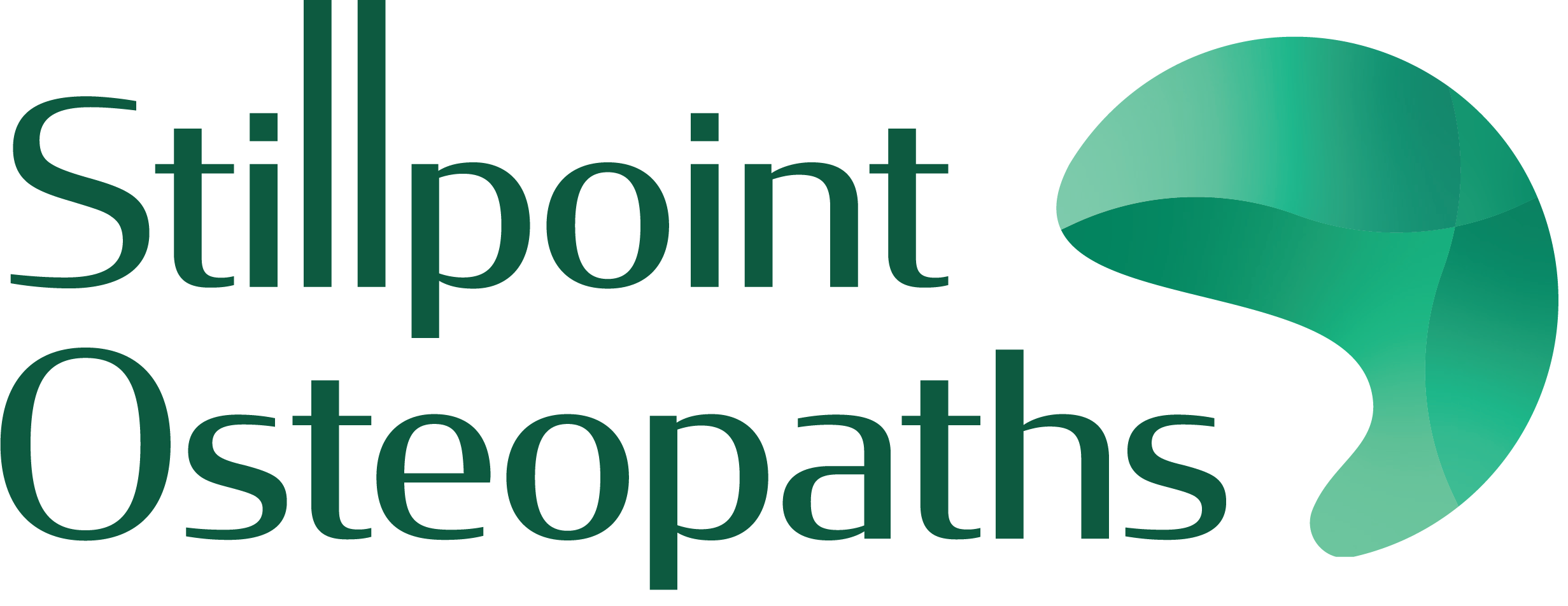You’re Invited! Stillpoint Talks Series – Men’s Health
We are launching our series of health talks and you’re invited! Our inaugural talk on Men’s Health will be held at our practice at 54
50% of people who have pain caused by a motor vehicle accident meet the criteria for Post-traumatic Stress Disorder (PTSD). 38% can still show signs of PTSD 5 years after the accident.
PTSD can impact your recovery from Whiplash Association disorder (WAD). These are some things to look out for in yourself or your family and friends after a car accident or sporting injury:
1. Hyperarousal:
Body over responding when they think about the accident, like they are in danger. Sleeping difficulties, anxiety, difficulty concentrating, irritable, experiencing panic, uncharacteristic anger and outbursts.
This can be accompanied by flashbacks of the accident and emotional numbing.
2. Emotional Numbing:
This is where there is a sense of decreased emotional responses and reactivity that can impact your ability to feel and express emotions. It is a protective mechanism against negative feelings but also effects experiencing pleasure. Individuals lose interest in participating in activities, feel distant and separate, and find experiencing happiness and joy difficult.
3. Avoidance:
After the accident the individual may avoid different triggers that remind them of the event. They actively avoid discussing or thinking about it.
4. Re Experiencing:
This is where the individual has flash backs of the events and it impacts their daily activities.
It is important to identify PTSD as part of a response to a car accident or injury and seek appropriate help for resolution. Part of your support for this may be your osteopath. Osteopathic work may help to normalise nervous system function after trauma.
You’re Invited! Stillpoint Talks Series – Men’s Health
We are launching our series of health talks and you’re invited! Our inaugural talk on Men’s Health will be held at our practice at 54
Post-Traumatic Stress Disorder
Stillpoint osteopaths often have patients looking for assistance in managing post traumatic stress disorder while working with other health professionals. This condition usually occurs as
When we have issues such as anxiety and heightened fears this can impact how we breathe. Osteopaths have been trained to assess how you breath.
Stillpoint Supports Gumboot Friday
Mike King won the 2019 Kiwi bank New Zealander of the Year and is using the platform to promote Gumboot Friday and his charity “I
Nutrition and Emotional Wellbeing
What we feed our body is very important. It is the fuel that gives us the get up and go to work through the day.
At Stillpoint we feel privileged to be entrusted with the health care of your children. Osteopathy helps correct their body mechanics to allow them to
